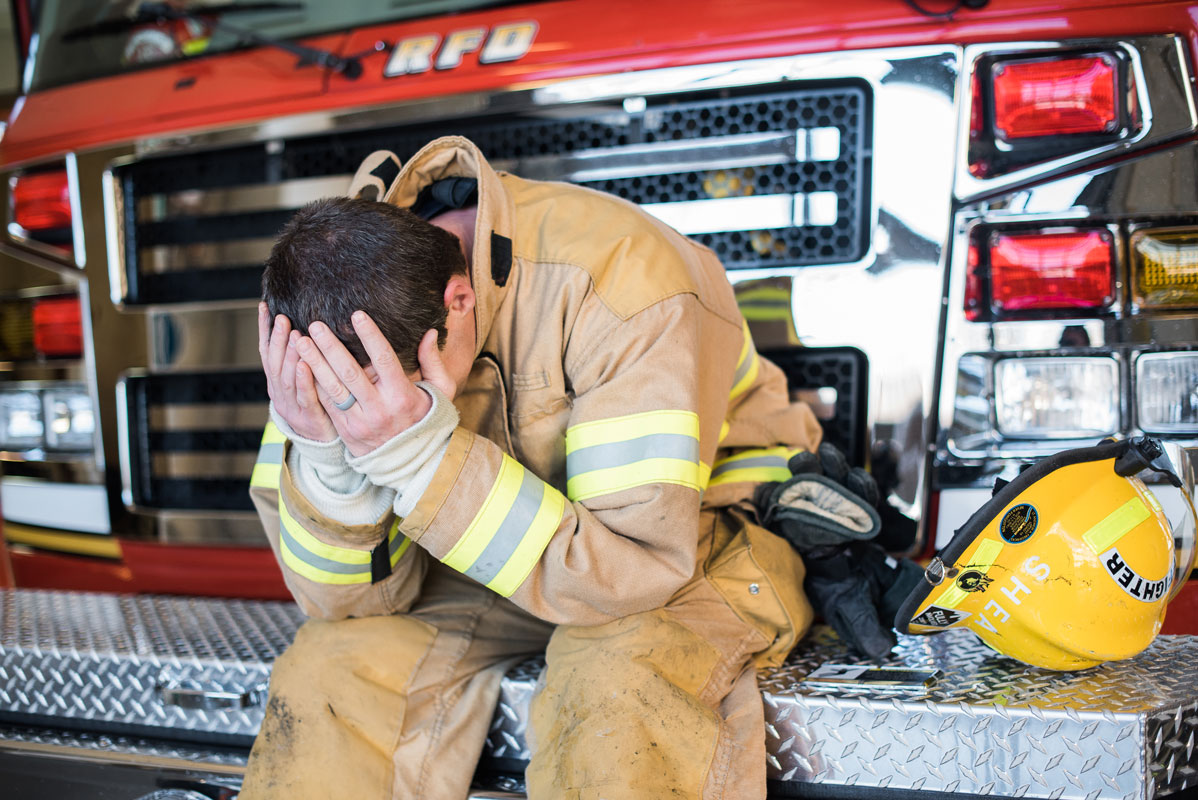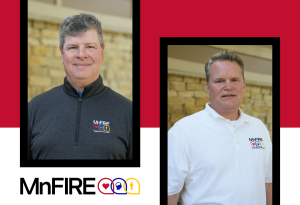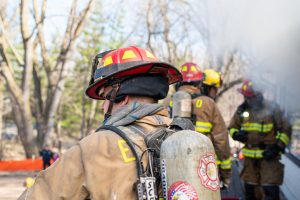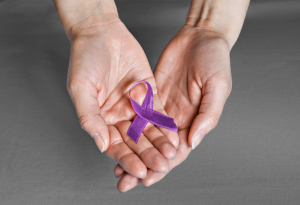By Dr. Margaret Gavian, Medical Director, MnFIRE
Stress, and particularly traumatic stress, is an occupational hazard of being a firefighter.
All first responders have a particularly high exposure rate to traumatic stress inducing incidents. Doing chest compressions on an unconscious child, working to free a mother trapped in her vehicle after a collision, being with someone as they die, or recovering a body from a variety of unpleasant situations, are the daily realities of this job.
Industry leaders agree that being a firefighter today is vastly different than it was in years past; firefighters are being asked to do more with less, and with the net effect being more exposure to traumatic incidents, more stress, and more fatigue. Call volume has increased beyond fighting fire, with more medical and mental health calls, and increased exposure to motor vehicle accidents, violent crime, and medical complexity.
Providing round the clock service, firefighters often witness trauma in a disrupted sleep state, already fatigued. This is true for both career and non-career firefighters. Non career firefighters are often busy serving their community at night, only to have to work their “regular” job during the day while continuing to fulfill their roles as parent, friend and spouse. More than 90 percent of Minnesota’s fire service is non-career.
Support and services available to Minnesota’s 22,000 firefighters is scarce, leaving the burden of care on the individual and resulting in an overall department loss. Additional systemwide solutions are vital to keeping firefighters on the job and able to fulfill their deep commitment to service. They’re also essential to reducing turnover and healthcare costs when stress related disorders become chronic and to alleviating the havoc mental health disorders can wreak on families, children, and generations to come. If we expect firefighters to show up for us on our worst days, it is our responsibility to care and assist them on theirs.
Funding for additional training and development of behavioral health programming is critical. Focus on prevention, education, access to quality services and ongoing support is crucial. Existing mental health awareness training and peer support is a positive start, but so much more is required to provide our firefighters with the internal gear they need to protect themselves from the emotional risks of doing what we ask of them.
Another suicide, broken family or hero suffering in silence is simply unacceptable. We can and must do something before burying another public servant.








